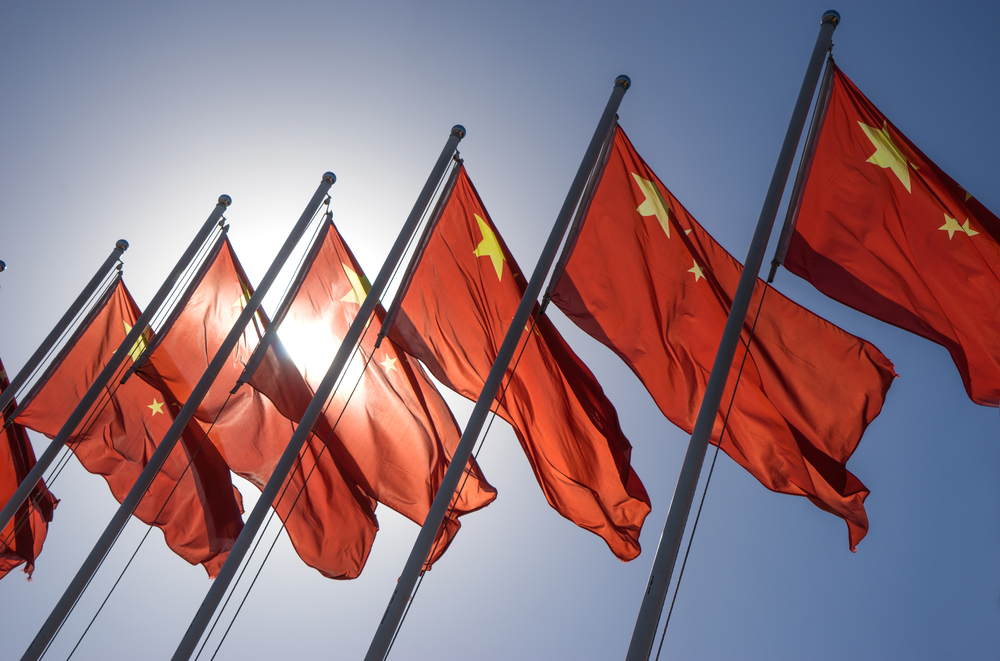
China and EU sign investment agreement negotiated for seven years
The EU and China have unveiled a long-awaited investment treaty this Wednesday. Both parties will dedicate themselves to the drafting of the final agreement, which has to be ratified by the European Council and the Eu Parliament.
However, many MEPs distrust a rapprochement with China. They take into account the end of Hong Kong’s autonomy and the repression of Uighur Muslims in the Chinese northwest.
The United States and Joe Biden could pressure the EU to renounce this rapprochement.
What is it about?
It is not a free exchange agreement on commercial transactions, but rather a text that seeks to guarantee entrepreneurs’ conditions of activity when they invest in the EU and in China.
The discussions about the agreement started in November 2013 during a visit to Beijing by Hermann Van Rompuy. Then-President of the European Council went to a summit with Chinese Prime Minister Li Keqiang. Since then, 35 negotiating sessions have been held, ten of them in 2020.
The sums at stake are considerable. Europeans’ volume of investments in China rises to about 150,000 million euros (about $183,000 million). Chinese investments in the EU reached 113,000 million euros (about $138,000 million).
In the last ten years, Europeans invested an annual average of more than 7 billion euros in China and the Chinese about 5.6 billion euros in the EU.
The European Union has long been China’s first trading partner, which in turn became the EU’s first partner in the third quarter of this year, ahead of the United States.
What is the interest of both parties?
According to Brussels, the agreement will balance the commercial relationship between the two powers and offer unprecedented access to the Chinese market. Europeans want their companies to be treated in the same way in China as the Asian giant’s companies in the EU.
China suffers from the protections applied by the Europeans for its strategic sectors. Its global smartphone leader, Huawei, was excluded from the 5G network equipment market in many EU countries. Beijing demands guarantees of access to public markets in the EU and sectors such as telecommunications and energy infrastructure.
As it continues its trade war with the United States, China seeks to side with Europeans, ahead of President-elect Joe Biden’s inauguration, which could strengthen the Western camp. For this reason, it offered at the last minute advances in terms of access in sectors such as finance, telecommunications, private hospitals or transport, to convince Europeans.
The EU suffered the trade truce signed in January 2020 between the Americans and the Chinese, fearing to be left out. That is why Brussels is interested in ensuring its presence in the Chinese market.


